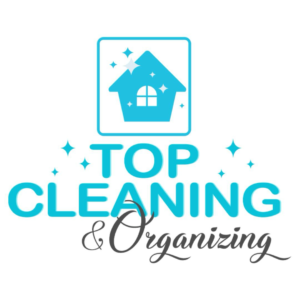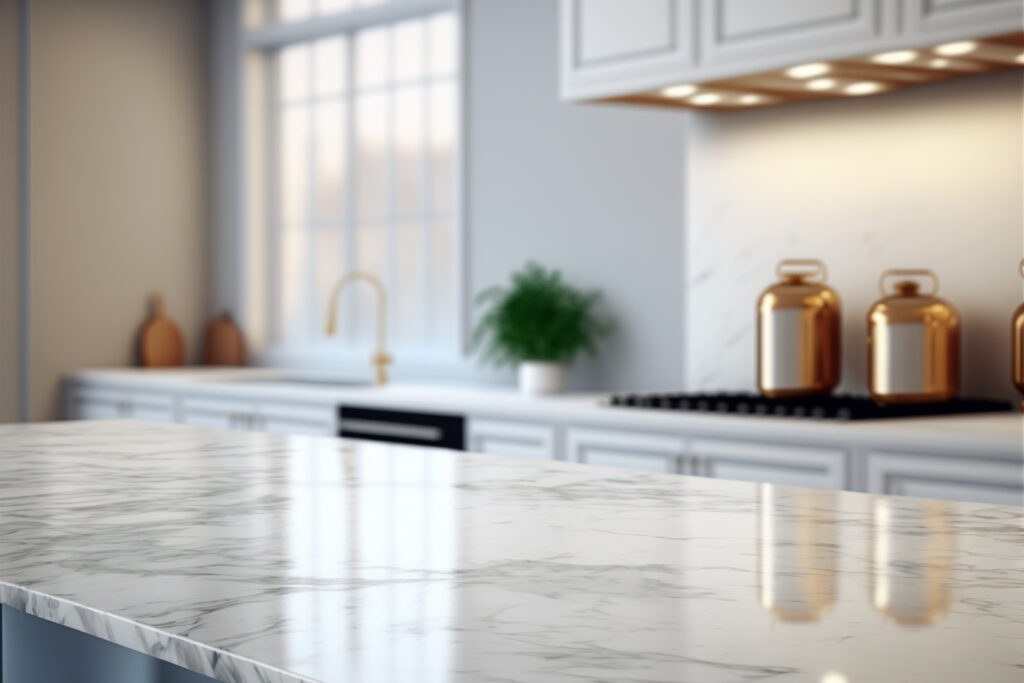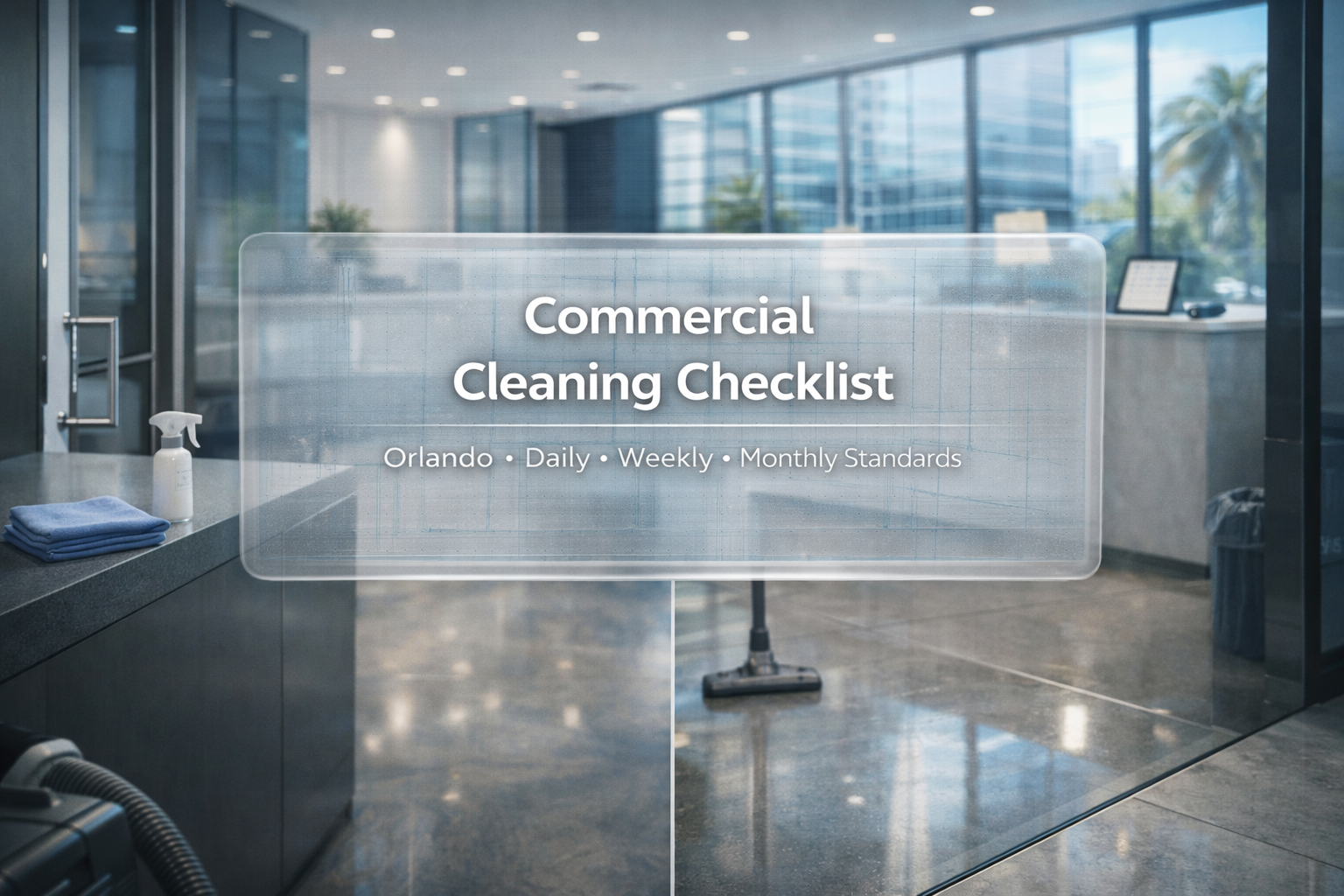Quartz countertops have become increasingly popular in recent years due to their durability, low maintenance, and aesthetic appeal. However, like any other surface, they require regular cleaning to maintain their shine and prevent damage. In this article, we will provide a step-by-step guide on how to clean quartz countertops effectively.
It is essential to note that quartz countertops are not entirely stain-proof, and harsh chemicals can damage the surface. Therefore, it is crucial to use the right cleaning products and techniques when cleaning quartz countertops. With the right approach, cleaning quartz countertops can be a straightforward and hassle-free process. This article will provide all the information you need to keep your quartz countertops looking new for years to come.
Materials and Tools Needed
Choosing the Right Cleaning Agents
When it comes to cleaning quartz countertops, it is crucial to choose the right cleaning agents to avoid any damage. Harsh chemicals, acidic solutions, and abrasive cleaners should be avoided as they can cause discoloration, scratches, and dullness. Instead, mild and non-abrasive cleaners should be used to maintain the shine and beauty of the quartz countertops.
Some of the recommended cleaning agents for quartz countertops are dish soap, warm water, vinegar, and rubbing alcohol. These are readily available in most households and are effective in removing stains, dirt, and grime from the surface.
Essential Cleaning Tools
To clean quartz countertops, one needs a few essential cleaning tools. These include a microfiber cloth, a soft-bristled brush, a spray bottle, and a scraper. A microfiber cloth is ideal for cleaning the surface as it is gentle and does not leave any streaks. A soft-bristled brush can be used to remove any dirt or debris from the surface.
A spray bottle is essential for mixing the cleaning solution and spraying it on the surface. A scraper can be used to remove any stubborn stains or dried spills from the surface. It is important to note that the scraper should be used with caution to avoid any scratches on the surface.
Daily Cleaning Routine
Maintaining a daily cleaning routine for quartz countertops is crucial to keep them looking their best. Here are some simple steps to follow:
Wiping Down Countertops
It is recommended to wipe down quartz countertops with a soft cloth or sponge and warm water after each use. This will help remove any spills, crumbs, or stains that may have accumulated throughout the day. For tougher stains, a mild dish soap can be used. Avoid using abrasive cleaners or scrubbers as they can scratch the surface of the countertop.
Managing Spills and Splatters
In case of spills and splatters, it is important to clean them up immediately to prevent any damage to the quartz surface. Use a soft cloth or paper towel to soak up the spill, and then wipe the area with warm water and a mild dish soap. Avoid using acidic or alkaline cleaners as they can damage the surface of the countertop. It is also recommended to use a cutting board when preparing food to avoid any scratches or cuts on the quartz surface.
By following these simple steps, one can maintain the shine and beauty of quartz countertops for years to come. For those who prefer a more thorough cleaning, regular cleaning services can be hired to deep clean the countertops and remove any stubborn stains.
Dealing With Stains and Discoloration
Identifying Types of Stains
Identifying the type of stain on your quartz countertop is the first step in effectively removing it. There are several types of stains that can occur on quartz countertops, including oil-based stains, water-based stains, and rust stains. Oil-based stains are typically caused by cooking oils, grease, or makeup. Water-based stains are usually caused by coffee, tea, or wine. Rust stains are caused by metal objects left on the countertop for an extended period.
Appropriate Stain Removal Techniques
Once you have identified the type of stain on your quartz countertop, you can use the appropriate stain removal technique to remove it. For oil-based stains, mix a small amount of dish soap with warm water and gently scrub the stain with a soft cloth. For water-based stains, mix equal parts water and vinegar and apply the solution to the stain. Let it sit for 10-15 minutes before wiping it away with a damp cloth. For rust stains, use a rust remover specifically designed for quartz countertops and follow the manufacturer’s instructions.
It is important to avoid using abrasive cleaners or tools on quartz countertops, as they can scratch the surface. Additionally, avoid using bleach or ammonia-based cleaners, as they can damage the surface and cause discoloration. Always test any cleaning solution on a small, inconspicuous area of the countertop before using it on a larger stain.
By following these tips and using the appropriate stain removal techniques, you can effectively remove stains and discoloration from your quartz countertop without damaging the surface.
Periodic Deep Cleaning
When to Perform Deep Cleaning
Quartz countertops require periodic deep cleaning to maintain their luster and shine. It is recommended to perform deep cleaning every six months or as needed. Signs that indicate the need for deep cleaning include stains, watermarks, and dullness.
Steps for Deep Cleaning Quartz
To deep clean quartz countertops, follow these simple steps:
- Clear the countertop of any items, including appliances, dishes, and utensils.
- Use a soft cloth or sponge to wipe the surface with warm water and mild soap, such as dish soap. Avoid using abrasive cleaners or scrubbers that can damage the surface.
- Rinse the surface thoroughly with clean water to remove any soap residue.
- Dry the countertop with a soft cloth or towel.
- For stubborn stains, mix a paste of baking soda and water and apply it to the affected area. Let the paste sit for 10-15 minutes before rinsing with clean water.
- For extra shine, apply a quartz cleaner or polish to the countertop surface. Follow the manufacturer’s instructions for application and use.
- Finally, wipe the countertop surface with a clean, dry cloth or towel.
Deep cleaning services are available for those who prefer professional cleaning. However, with proper care and maintenance, quartz countertops can be easily cleaned and maintained at home.
Maintaining Quartz Countertops
Preventative Measures
To keep quartz countertops looking pristine, it is important to take preventative measures. Avoid placing hot pots and pans directly on the surface, as the extreme heat can cause the quartz to crack. Use coasters for glasses and cups to prevent water stains. Cutting boards should also be used to avoid scratches from knives.
Long-Term Care Tips
In addition to preventative measures, long-term care is important to maintain the beauty of quartz countertops. Regular cleaning services can be used to remove dirt and grime. A mild detergent and warm water can be used to clean the surface. Avoid using abrasive or acidic cleaners, as they can damage the quartz.
To remove stubborn stains, a mixture of baking soda and water can be applied to the surface and left for a few minutes before wiping away. It is also important to avoid using bleach or any products containing bleach, as it can damage the surface of the quartz.
Overall, with proper preventative measures and long-term care, quartz countertops can maintain their beauty and durability for years to come.





